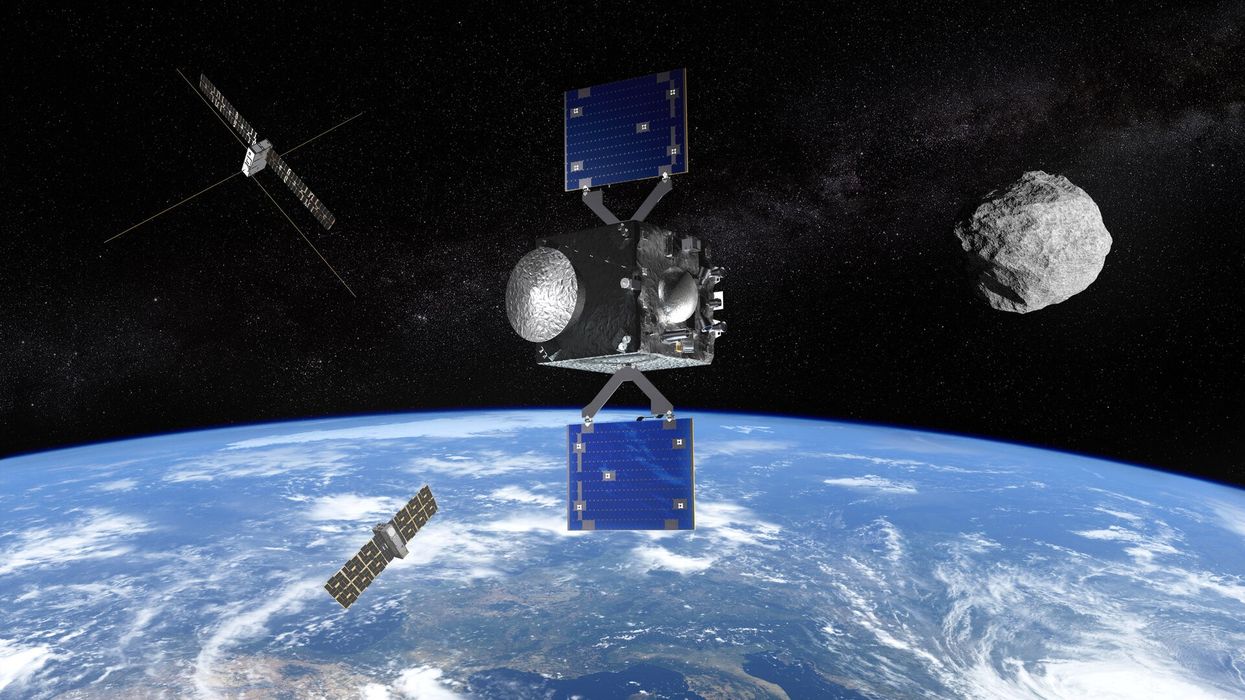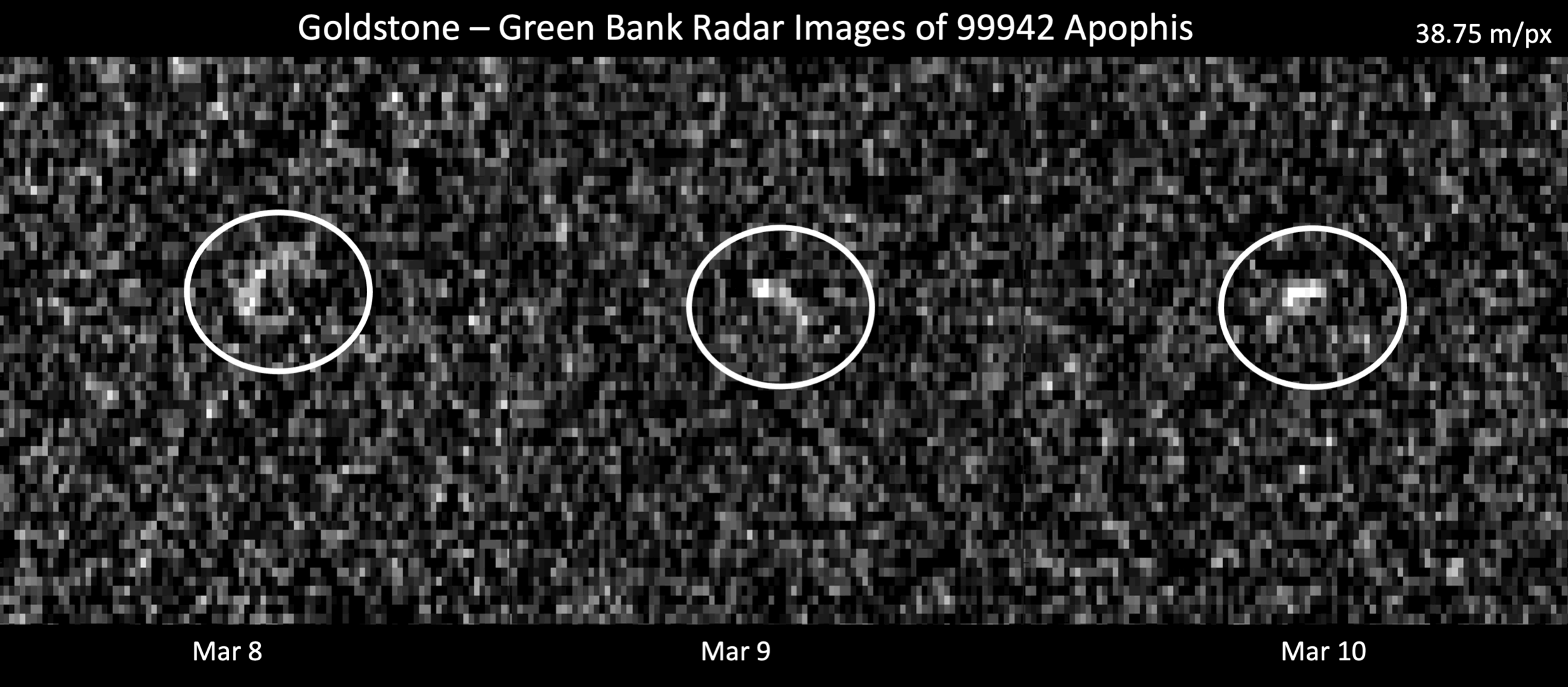'God of chaos' asteroid to get closer to Earth than SATELLITES with scientists continuing to monitor 'hazardous' space rock

An asteroid larger than the Eiffel Tower is set to pass Earth "exceptionally close" as scientists launch a spacecraft to monitor the space rock
|ESA Science Office

It will be the first asteroid in a number of thousand years to pass so close to Earth
Don't Miss
Most Read
An asteroid larger than the Eiffel Tower is set to pass Earth "exceptionally close" as scientists launch a spacecraft to monitor the space rock.
The asteroid, named 99942 Apophis - named after the Egyptian God of chaos - is expected to pass in 2029.
Experts warn that it will fly past Earth closer than the geostationary satellites used for TV broadcasting, navigation and weather forecasting.
It will be the first asteroid in a number of thousand years to pass so close to Earth.
 An asteroid larger than the Eiffel Tower is set to pass Earth "exceptionally close" as scientists launch a spacecraft to monitor the space rock | ESA Science Office
An asteroid larger than the Eiffel Tower is set to pass Earth "exceptionally close" as scientists launch a spacecraft to monitor the space rock | ESA Science OfficeThe exact date it is set to fly past is Friday, April 13, 2029.
In order to monitor the space rock, researchers at the European Space Agency (ESA) are sending a spacecraft to keep tabs.
As part of the project, scientists are keen to determine how the rock is affected by Earth's gravity during the flyby.
Two months before it makes its pass of Earth, spacecraft, Rapid Apophis Mission for Security and Safety (Ramses), will be sent to the asteroid.
LATEST DEVELOPMENTS:
Richard Moissl, head of ESA's Planetary Defence Office, said the mission is "a cornerstone of humankind's response to a hazardous asteroid".
After being launched, the spacecraft will gather details about Apophis's size, shape, mass, and the way it spins.
The ESA said: "These are all very important properties for assessing how best to knock a hazardous asteroid off a collision course with Earth."
Apophis was first discovered in 2004 and left scientists concerned about a collision with Earth.

Experts warn that it will fly past Earth closer than the geostationary satellites used for TV broadcasting, navigation and weather forecasting
|ESA Science Office
Professor Monica Grady of the Open University said an asteroid such as Apophis is likely to have brought on the end of the dinosaurs.
"[Asteroids] come near the Earth, and there’s potential that one day one of them will hit the Earth and cause a major disaster," she told The Guardian.
"We believe this happened 65 million years ago, when the dinosaurs were all wiped out.
"And if it’s a big asteroid and it hits us, it’ll be a catastrophe which will destroy humanity."










